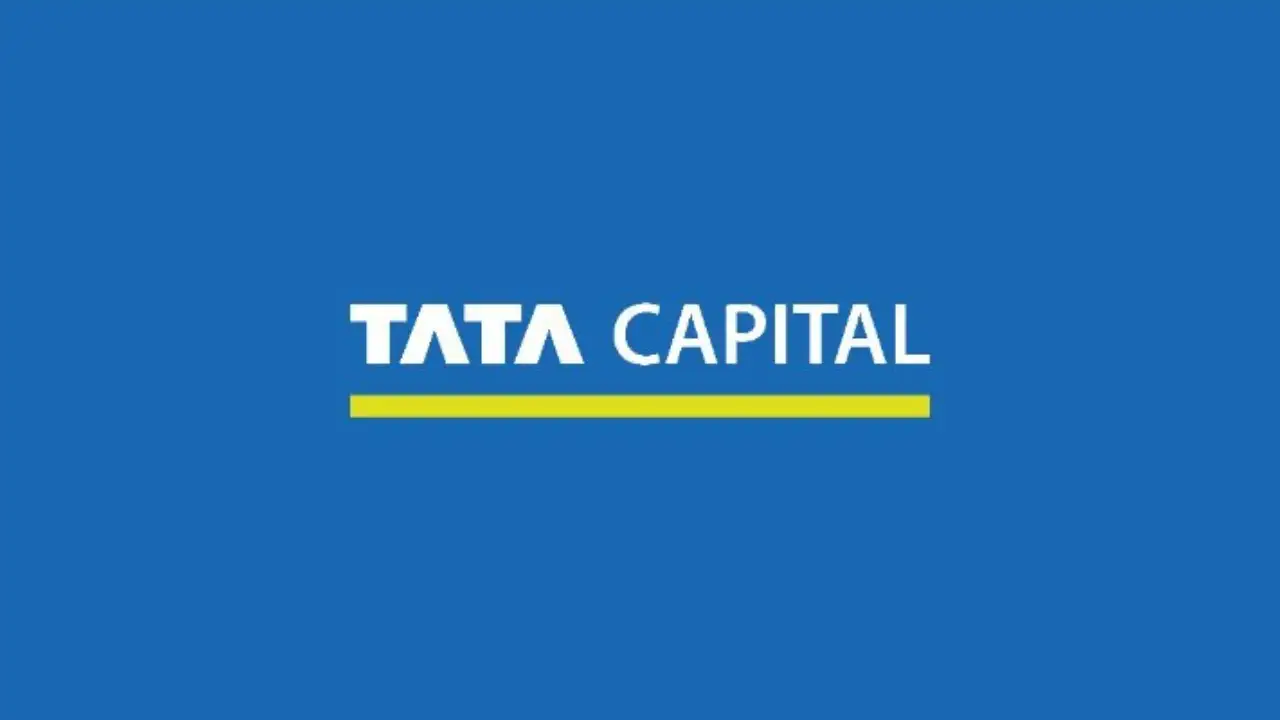Tata Capital Plans Rights Issue Ahead of IPO

Tata Capital, a prominent player in the financial services sector, is gearing up for an initial public offering (IPO). The company’s board will convene on Tuesday to deliberate on a potential fund-raise through a rights issue. This move comes as the Reserve Bank of India (RBI) has classified Tata Capital as an upper-layer non-banking financial services company (NBFC) and has mandated that the firm list its shares by September. With Tata Sons holding approximately 93% of Tata Capital, it is expected to participate in the rights issue to maintain its current shareholding.
Importance of Capital Infusion for Growth
Tata Capital is experiencing a robust growth rate of 20-25%. To sustain this momentum, the company requires consistent capital infusion. A source familiar with the matter indicated that the rights issue is designed to meet this financial need. The remaining 7% of Tata Capital’s ownership is distributed among various Tata Group entities, select executives, and the Washington-based International Finance Corporation.
The rights issue presents a more favorable option for unlisted companies like Tata Capital to raise funds compared to preferential allotment. This is primarily because it avoids the need for fair value assessment. Binoy Parikh, executive director at Katalyst Advisors, emphasized the advantages of a uniform pricing structure in rights issues. In this structure, all existing shareholders must subscribe to new shares at the same price, ensuring fairness and equity among stakeholders.
Changes to Memorandum and Articles of Association
In preparation for the rights issue, Tata Capital has made recent amendments to its memorandum of association (MoA) and articles of association (AoA). In a communication to shareholders earlier this year, the company disclosed that it has around 29,000 shareholders. To comply with sections 25 and 42 of the Companies Act, Tata Capital has introduced a new provision in its AoA. This provision restricts shareholders from renouncing their rights in rights issues until the company’s equity shares are listed on the stock exchanges. However, it does not prevent existing shareholders from participating in or subscribing to additional equity shares through rights issues.
These changes are crucial for Tata Capital as they aim to prevent further expansion of its shareholder base through corporate actions. The company is taking these steps to ensure that its existing shareholders have the opportunity to maintain their stakes in the firm.
Future Outlook and IPO Implications
Tata Capital is the largest financial services entity within the Tata Group and is considered a vital component for the conglomerate’s growth strategy. The proposed IPO could involve the issuance of new shares, which may lead to a reduction of Tata Sons’ ownership by approximately 5%. According to listing regulations, companies must maintain a minimum of 25% public shareholding within three years post-listing.
Fitch Ratings has noted that Tata Sons’ ownership in Tata Capital is unlikely to fall below 75% after the public listing. The IPO is expected to strengthen Tata Capital’s capital base and further reduce its leverage. Fitch highlighted that the NBFC’s debt-to-tangible equity ratio has improved, declining to 6.3x by the end of the first half of FY25, compared to 7.2x at the end of FY22. This positive trend indicates a solid financial foundation as Tata Capital prepares for its IPO and subsequent growth in the financial services sector.
Observer Voice is the one stop site for National, International news, Sports, Editor’s Choice, Art/culture contents, Quotes and much more. We also cover historical contents. Historical contents includes World History, Indian History, and what happened today. The website also covers Entertainment across the India and World.

